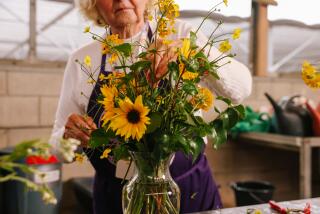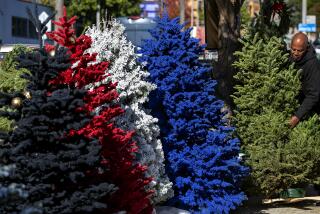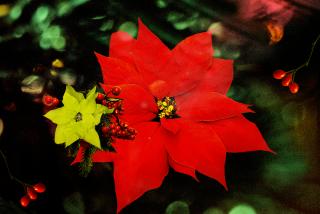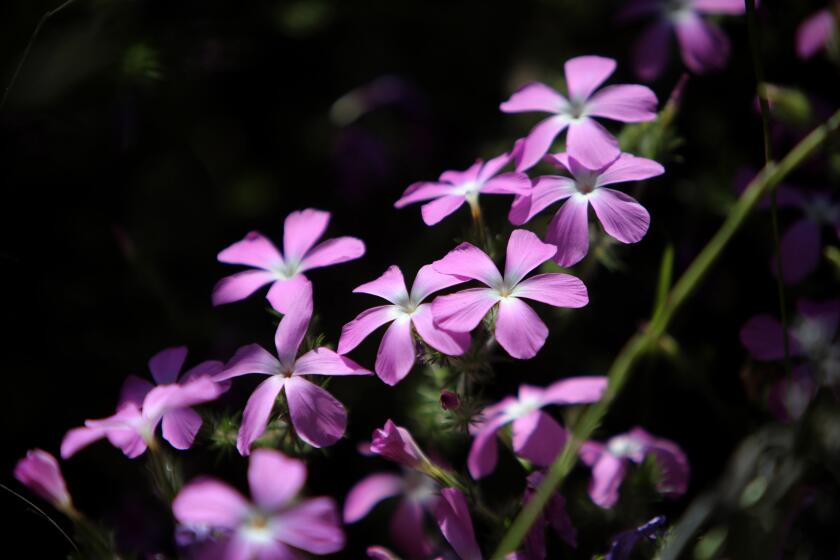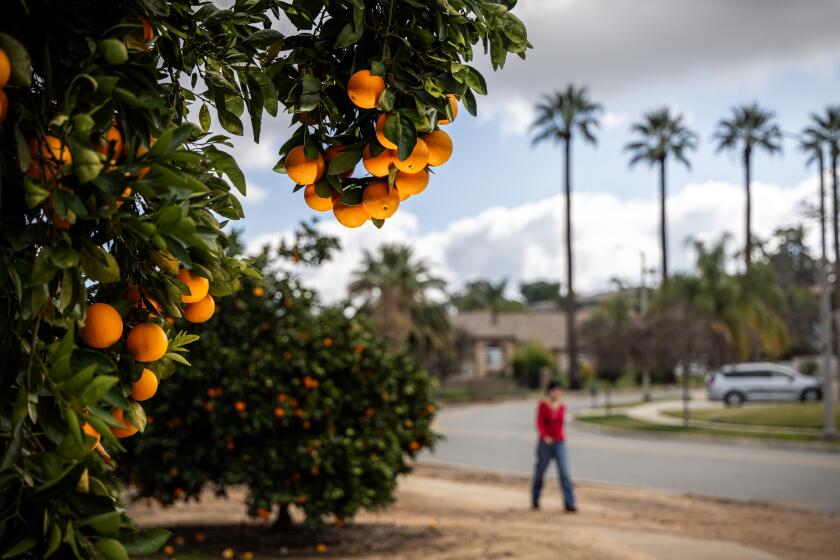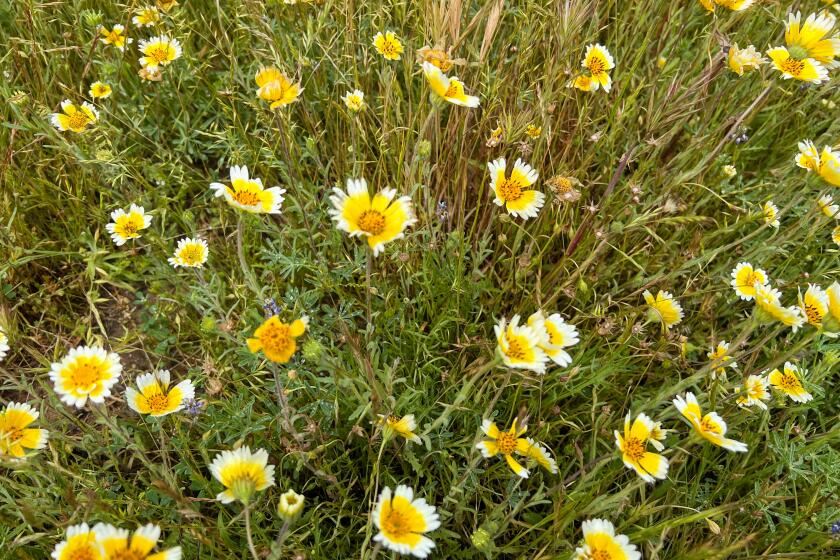Holiday Gifts, Precautions for Frost
Holiday gift ideas are many at your local nursery: Tools and books make great presents, as do festive-looking plants such as poinsettias, azaleas, cyclamen and Christmas begonias. Poinsettias should be kept cool and out of drafts, because they drop their green leaves when the temperature and humidity change. Cyclamen will last until Easter if they are kept cool and given plenty of light (in a window that faces east, for instance). Azaleas fail when placed in warm places. And the beautiful Christmas begonias should always be kept moist and fairly warm and be given lots of light.
Frost warnings should be taken seriously. Listen to radio and television weather reports for reliable information on the probability of freezing temperatures. When that time comes, cover plants with cloth or paper; the warmer air rising from the ground will be trapped and will keep the plants safe. An example of how that works is found when a border of tender plants freezes except under the leaves of an overhanging tree. A commonly held belief in Southern California is that if it rains during the day, it won’t freeze that night; but it could very well freeze the next night. Also, they say that as long as the sky is heavily overcast, it will not freeze; but if it clears up at midnight, watch out.
Pomegranates, used in abundance in holiday decorations, are quite easy to grow. They make attractive shrubs or trees, sporting brilliant fall foliage, especially in the inland areas. There are a number of ornamental pomegranate varieties that bear little or no fruit. An excellent fruiting variety is ‘Wonderful,’ which grows to 10 feet.
Navel oranges are starting to ripen and will reach peak sweetness next month. Avoid the temptation of harvesting tangelos now. Although they appear in intense color during December, they don’t obtain full sweetness until February or March.
Brussels sprouts love cold weather; now is a good time to set out transplants. Keep the soil moist, and fertilize monthly with pound of any 10-10-10 fertilizer per 10 square feet. Brussels sprouts are slow-growing plants, and they mature from the base of the plant upward. Harvest when they are small and firm; if left on the plant too long, they become tough and develop too strong a flavor.
